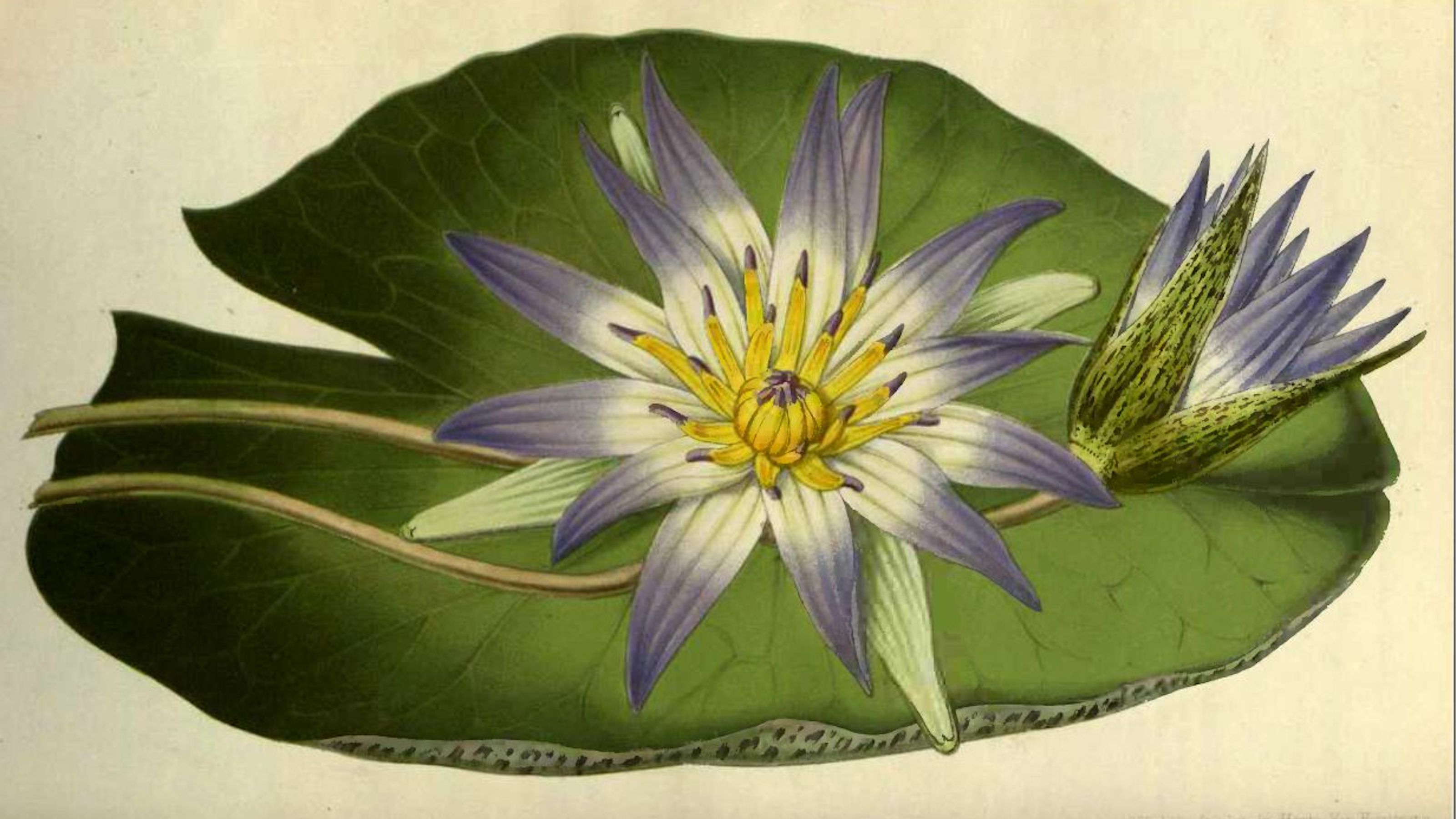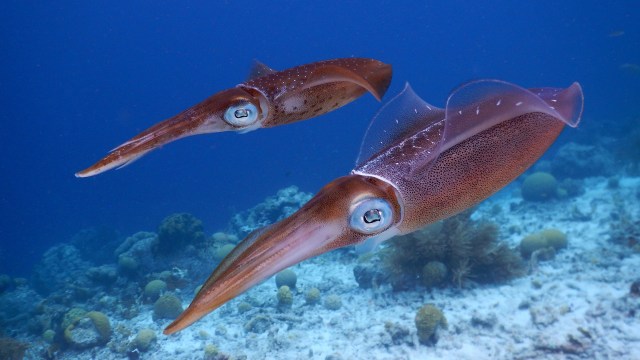How a global network of “psychedelic centers” could help beat existential anxiety

- Existential anxiety is on the rise and psychedelics could become part of the solution.
- An important first step toward societal-level change is for people to feel better about themselves and others.
- MDMA and other psychedelics are a potential tool for reconnecting to nature and the world.
The sky was hazy with smoke from nearby wildfires the day I met neurobiology professor David Presti at his home in Berkeley to talk about psychedelics’ use for healing, learning, and growth. “As many of us now see, if we don’t start doing something, we’re not going to have a world we like living in,” Presti told me over a cup of Darjeeling tea. This increasingly unavoidable observation is taking a toll. “Folks are way more in touch with existential anxiety now than they were twenty-five years ago,” Presti said. “The nineteen-year-olds in my classes, they’re scared.”
Teaching is one tool Presti uses on a daily basis to try to broaden conversations and move humanity to a better place in terms of behavior, values, and ethics. He considers MDMA (also known as Ecstasy or Molly; currently an illegal drug) and other psychedelics to be potential means of working toward the same goal. Psychedelics can help people realize how interdependent we are on each other and on the planet for survival, he said. They can also bring back an element of spirituality, mysticism, and curiosity about the nature of the mind that’s missing from Western culture’s current worldview, which tends to disregard or dismiss what it can’t understand scientifically, materially, and (ostensibly) objectively.
“That worldview has taken us very far in certain ways, but it’s also bringing us to the brink of destruction of our planet because it has taken the sentience out of nature and supported an illusion of control and a process of exploitation,” Presti said. “I think the conversation between science, religion, and psychedelics is one of the single most important engagements we can cultivate, in part because there are many reasons suggesting that only a radical expansion of our scientific paradigm will allow us to more deeply understand the role of mind in nature.”
Poet and author Nicholas Powers, on the other hand, prefers to leave religion out of the equation. He views the magical or supernatural thinking that sometimes accompanies drug trips as a dead end or, at worst, a potential danger. “If you start thinking you’re getting personal messages from Huitzilopochtli, Thor, Jesus, or Aphrodite, you may act out in very irresponsible ways,” he said. “I think the emphasis should be that you’re getting a message from your own unconscious.”
To Powers, one of the greatest utilities of mind-altering drugs is their ability to serve as the metaphorical hot water to dissolve the psychological glue trapping us within the larger machine of capitalist society. Psychedelic drugs can help us break free of what Plato called the noble lie: that from birth until death, we are shackled to predefined roles based on external factors such as gender, race, socioeconomic status, or family history. “Psychedelics could literally pour acid on these attachments and help people transcend to get a larger view of themselves,” Powers said. “The poor can realize they can let go of painting watercolors on their scar tissue, and the rich can dissolve some of their golden chains and realize they’re the ones locking themselves into cages. Possibly, I think psychedelics could help us take a detour around the implicit ‘us vs. them’ narrative, regardless of what side you’re on.”
Psychedelics, Powers continued, can also reveal to people that the things assigned the greatest value in a modern capitalist society — wealth, status, and the “conveyor belt of materialism” — have in fact left us spiritually bereft, and that their pursuit has wrecked our planetary home in the process. “I think psychedelics offer at least a possibility of trying to liberate people in a way that doesn’t always depend on a militant class struggle that ends in civil war,” Powers said. “That’s a very utopian socialist path — and I want to acknowledge that that may not work — but sometimes social forces combine in ways that things that didn’t seem possible before may have a brief window of possibility.”
A crucial first step for enacting societal-level changes, though, is for people simply to feel better about themselves and others — for them not just to be free from infirmity but to enjoy health, what the World Health Organization’s 1948 constitution defined as a state of “complete physical, mental and social well-being.” If someone’s well-being is compromised, it’s unlikely that they’ll have the energy or motivation to invest in improving things around them. “People tend to think they’re not worth saving, and then extrapolate that to the world,” said Berra Yazar-Klosinski, chief scientific officer at MAPS PBC (Multidisciplinary Association for Psychedelic Studies Public Benefit Corporation). “They think, ‘Why should I extend my narrow runway of life to saving the planet?’”
Especially in the wake of the Covid-19 pandemic, “a lot of people have come to realize how unnatural their lives feel,” added neuroscientist Gül Dölen at Johns Hopkins. “More and more of them are asking, how do I restore my connection to others, how do I restore my connection to nature, how do I restore my connection to the world? If we want to return to a more natural way of existing, we may have to reset, return, and relearn.”
Put another way by social neuroscientist John Cacioppo and science writer William Patrick in Loneliness, “the warmth of genuine connection frees our minds to focus on whatever challenges lie before us.”
MDMA and other psychedelics are a potential tool for doing just that, and the personal transformations they usher in could, once again, result in much-needed global change if applied broadly enough. “It certainly feels like society needs a reorientation of just kind of paying attention to simple things, like what do I want out of life, what does all of this mean?” said psychiatrist Franklin King at Massachusetts General Hospital and Harvard Medical School. “Psychedelic drugs offer a window into accessing this stuff, and a lot of people, myself included, hope that they can be brought back into society in a way that goes beyond the mental health sphere.”
Powers imagines a future in which psychedelic centers are established around the world, catering to people of varied backgrounds. After visiting such a center, clients would be put in touch with others who have gone through the same process. “You’d become part of something larger, so you don’t feel these insights are things you have to squeeze back into the default world,” Powers said. “People can integrate and join larger organizations and then cross-pollinate.”
Presti sees such transformation, applied across populations, as a means “of deepening our connections and capacities to heal one another and the planet.” In The Immortality Key, Brian Muraresku — pointing to evidence from ancient Greece — even goes so far as to wonder whether a society robbed of the mystical experience of psychedelics is one that is fundamentally flawed, its institutions lacking the shared vision that kept the world’s first democracy afloat, its citizens unable to remember how to care for themselves, each other, and nature.
Transforming the world through psychedelics wouldn’t necessarily require everyone getting high, though. “We know that when people have a profound psychedelic experience, it doesn’t just change the way they feel — their loved ones also report that they interact with them differently,” said Shelby Hartman, cofounder and editor in chief of DoubleBlind magazine. “So conceivably, it would just need to happen on a large enough scale to change culture and how we regard one another.” That said, she added, “all the MDMA in the world won’t make a difference if many folks are still struggling to have their basic needs met, such as health care and housing.”





